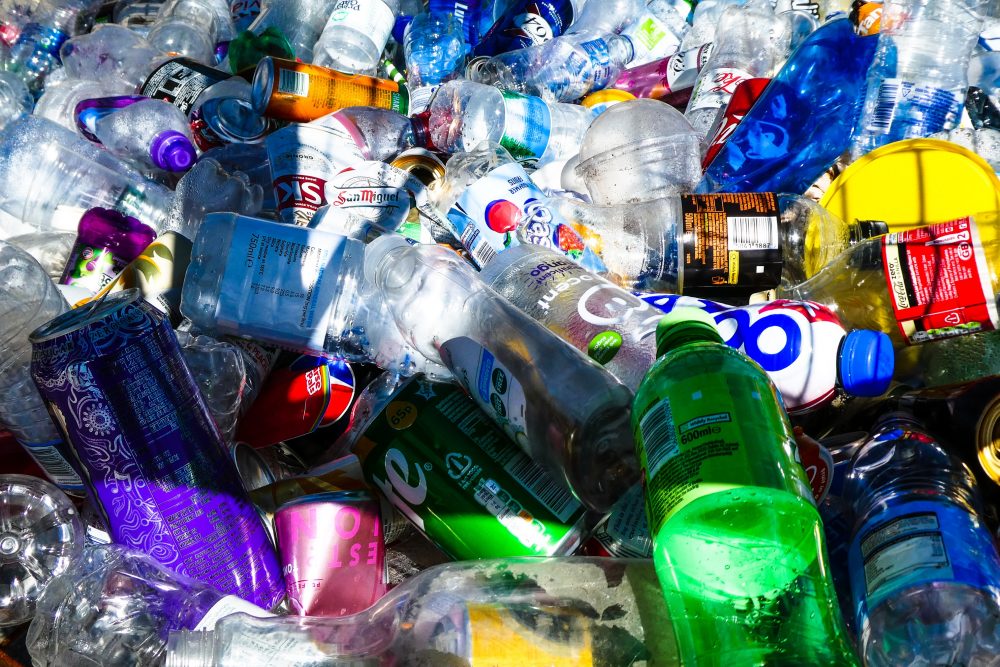Why We Need to Reduce Our Plastic Usage

It’s so ubiquitous, it’s actually hard to conceive of a plastic-free life. Sadly, just when we all should be taking active measures to eliminate single-use plastics from our lives, the pandemic has dramatically increased their use. Masks and gloves, supermarkets requiring customers to use throwaway plastic shopping bags rather than bring their own, and the proliferation of take-out and prepared meals are all putting additional strain on the world.
Yet, if we don’t significantly reduce our dependence on plastic, especially single-use plastic that constitutes 50% of the 300 million tons of plastic produced each year, we face a future of increasing environmental degradation and compromised health.
Plastic doesn’t break down like other organic waste. Instead, it turns into microplastics. Some of these are eaten by tiny fish and travel up the food chain. Plastic waste kills up to a million seabirds, one hundred thousand sea mammals, marine turtles, and countless fish each year. Of course, this affects humans, too. The 2019 WWF International study found that over a lifetime, Americans today each consume about 20kg (44 lb) of microplastic.
Plastic used for packaging also has deeply concerning endocrine-disrupting and carcinogenic effects. Packaging often contains BPA and other compounds, leaving us with a lot to be concerned about.
Since we really do have a lot to be concerned about, I want to focus this article on solutions. If you want to know more about how plastic harms your health and the environment, check out our in-depth article, “Why It’s Time to Move Beyond Plastic.” If you’d prefer a technically-written scientific article that uses words like “increased adiposity” to mean “putting on fat,” check out this 2011 “Public health impacts of plastics” overview from the Indian Journal of Occupational & Environmental Medicine.
While it may be hard to go 100% plastic-free, we can each take steps to reduce our plastic footprint with innovative approaches to food, personal care, and cleaning. Meanwhile, a more environmentally intelligent science is looking to innovate new substances that biodegrade in a safe way.
(Excerpt from The Food Revolution Network)
